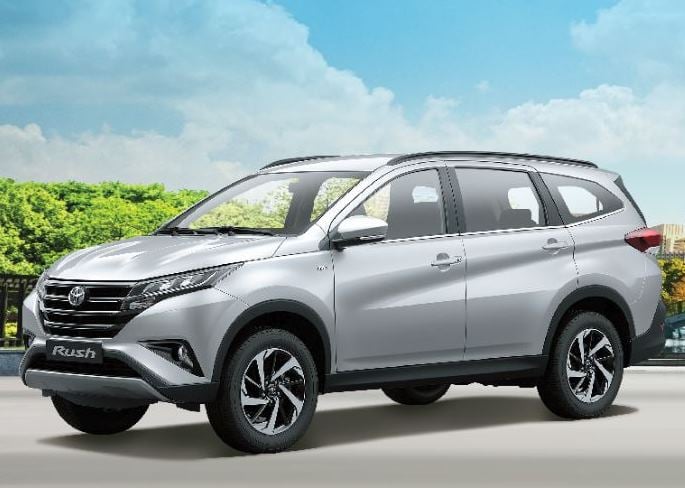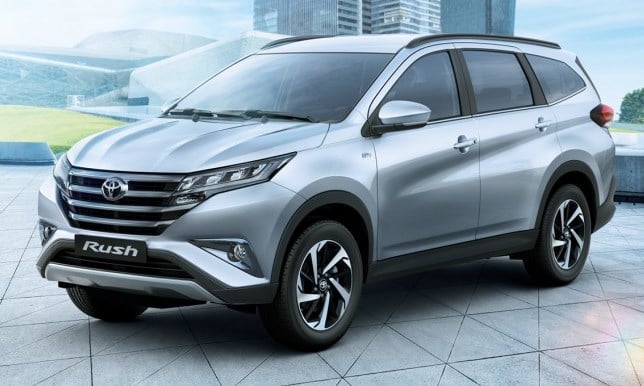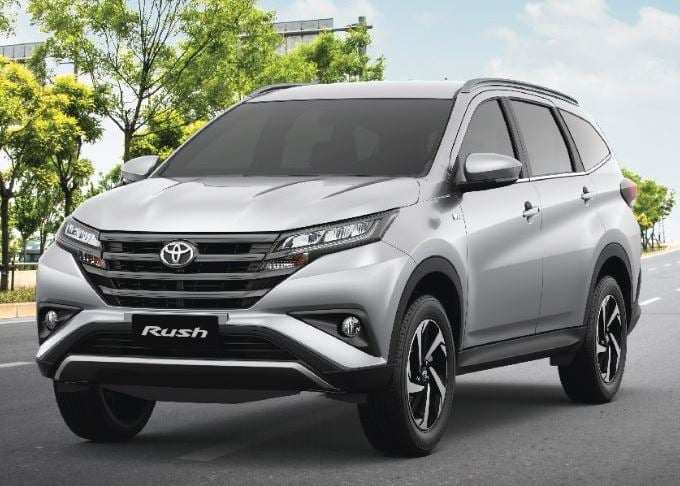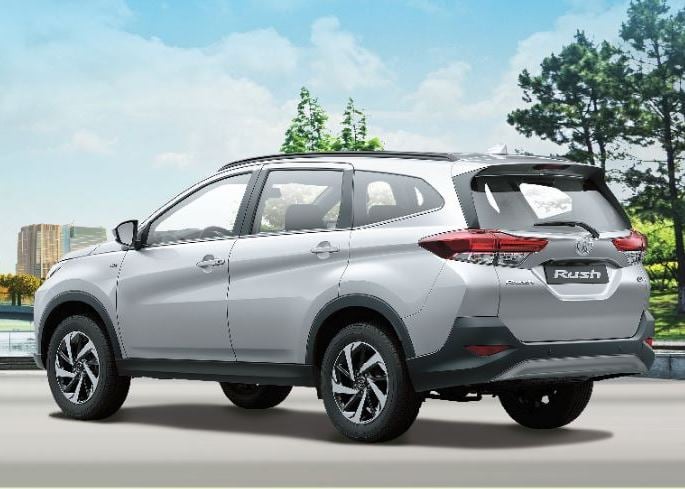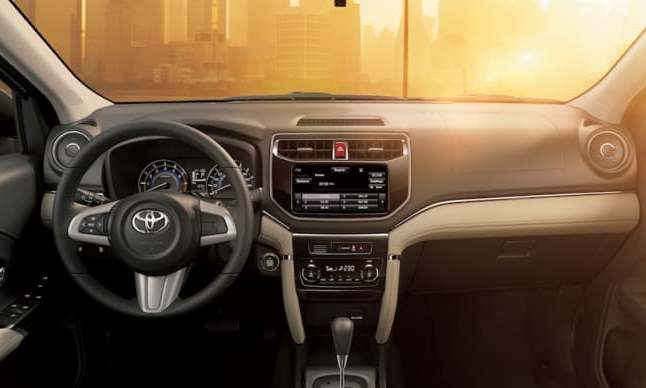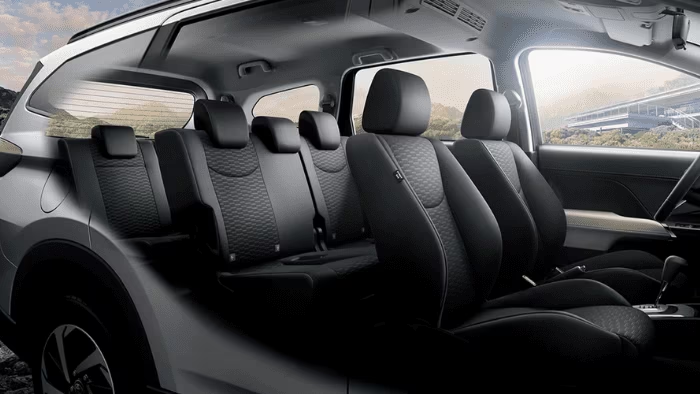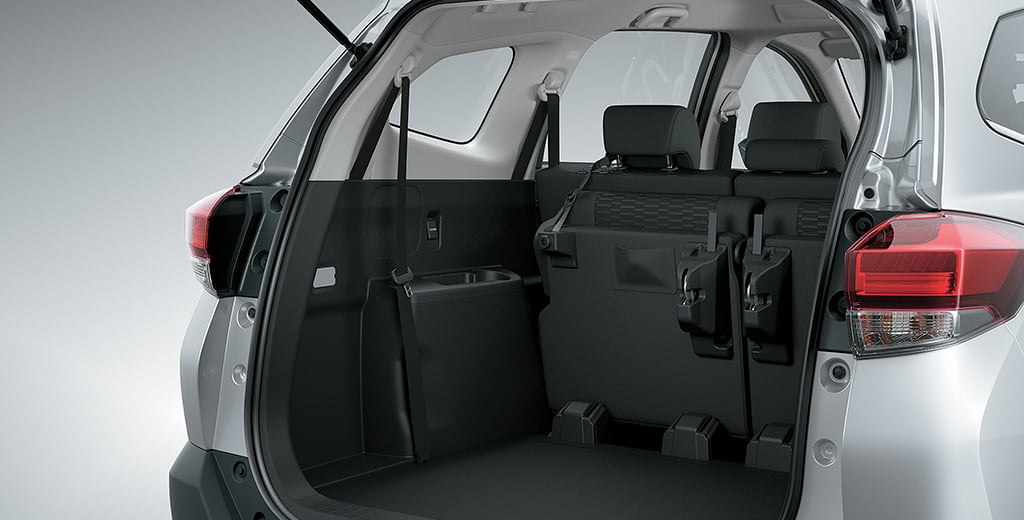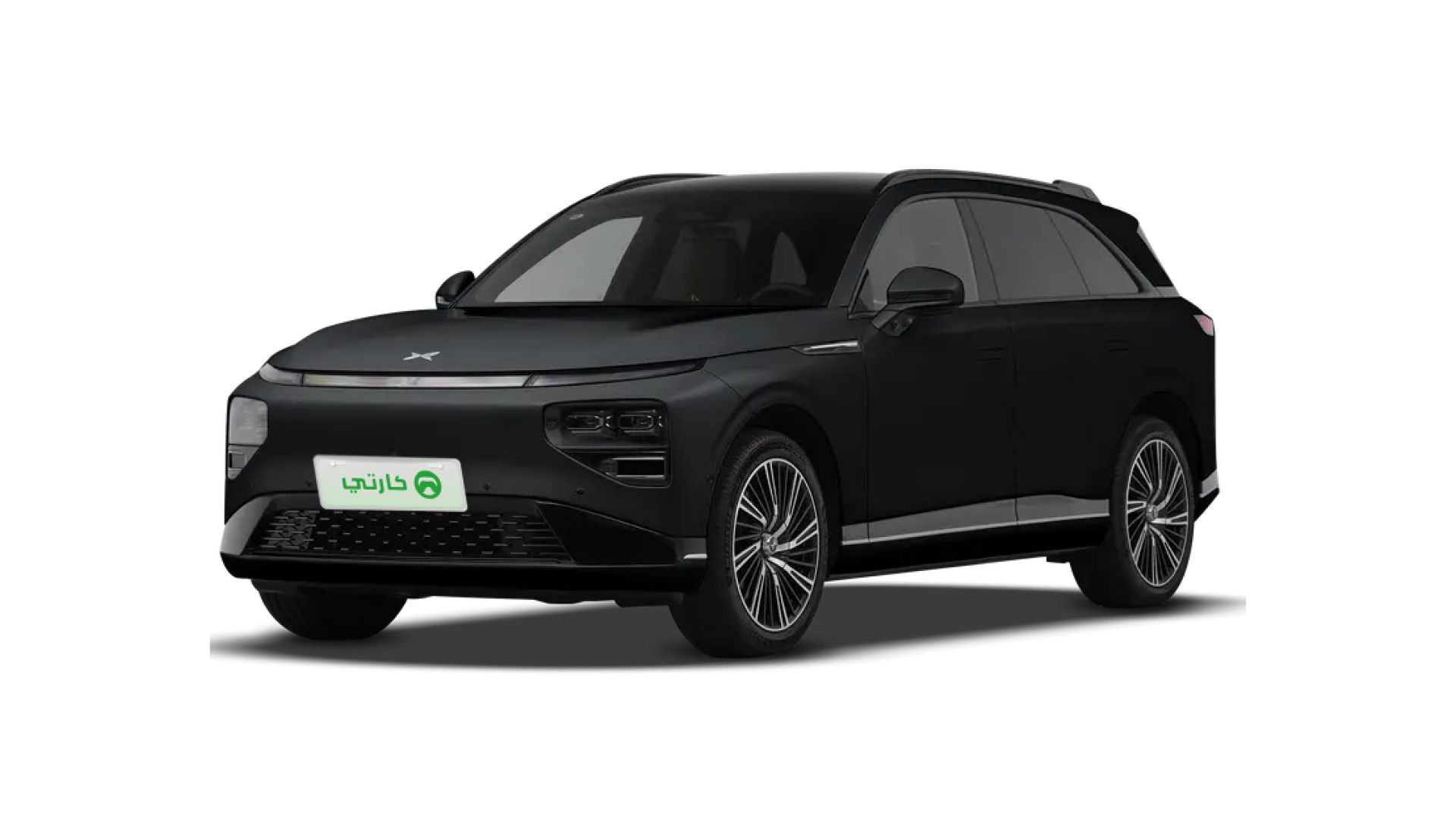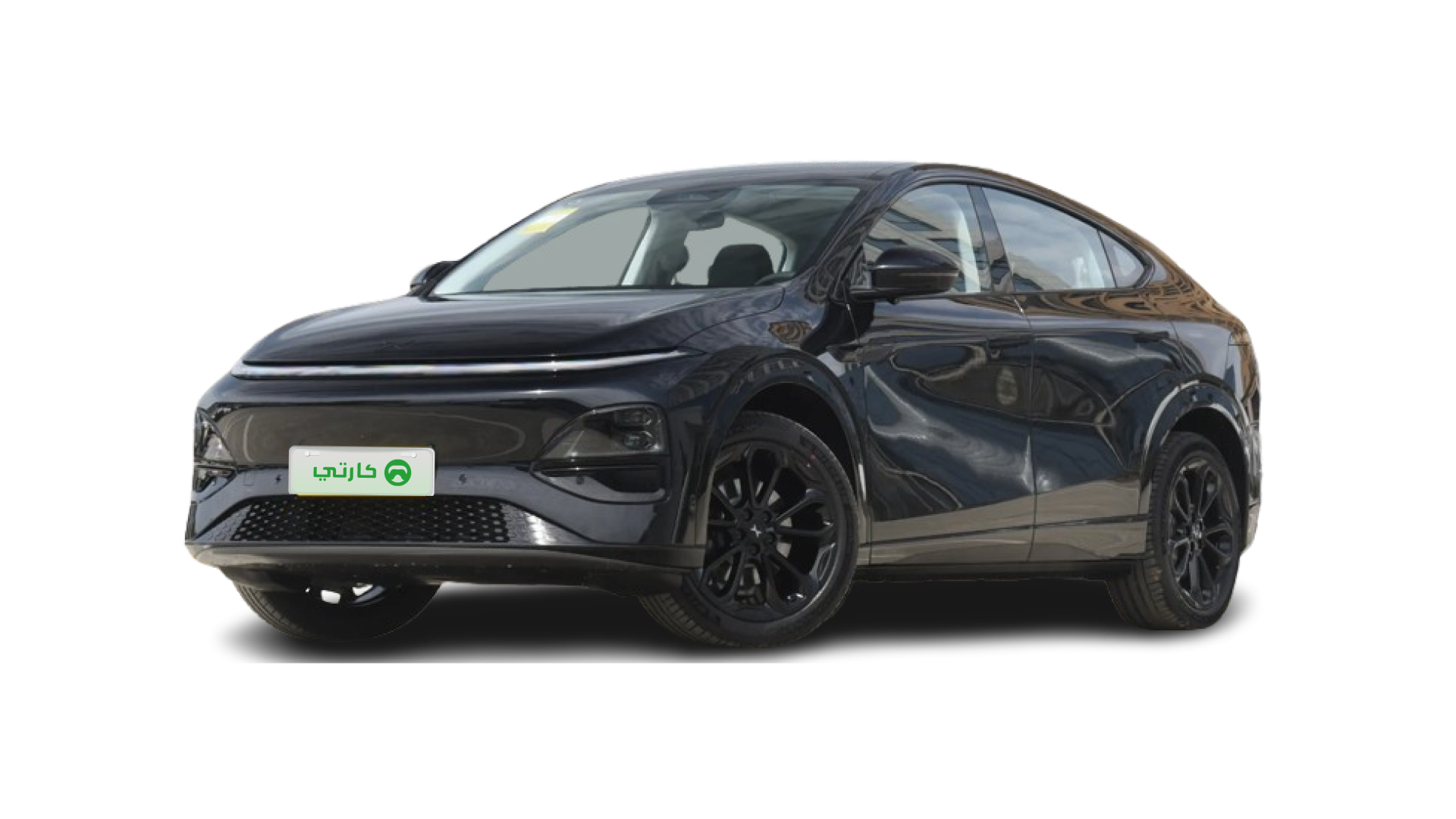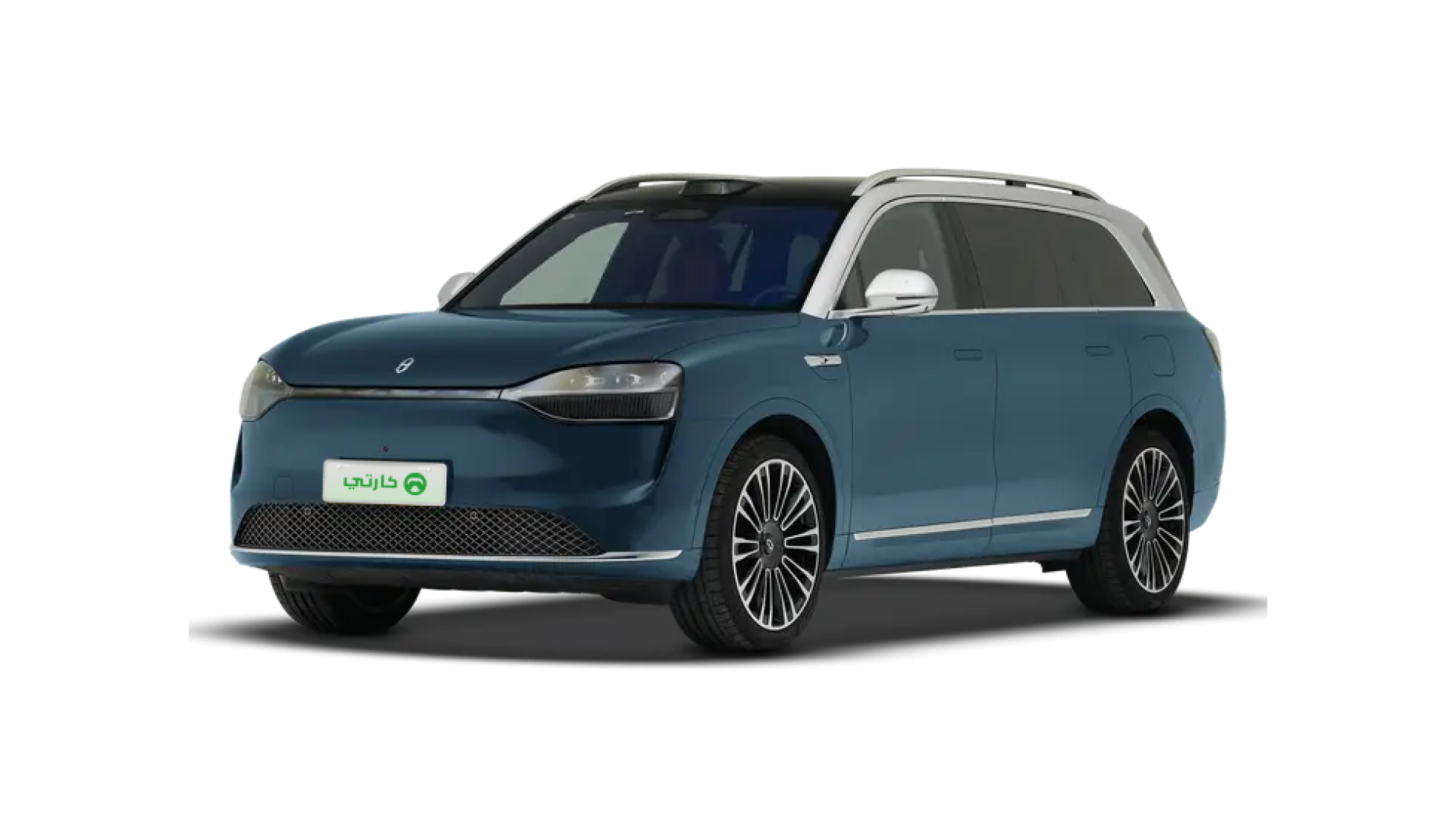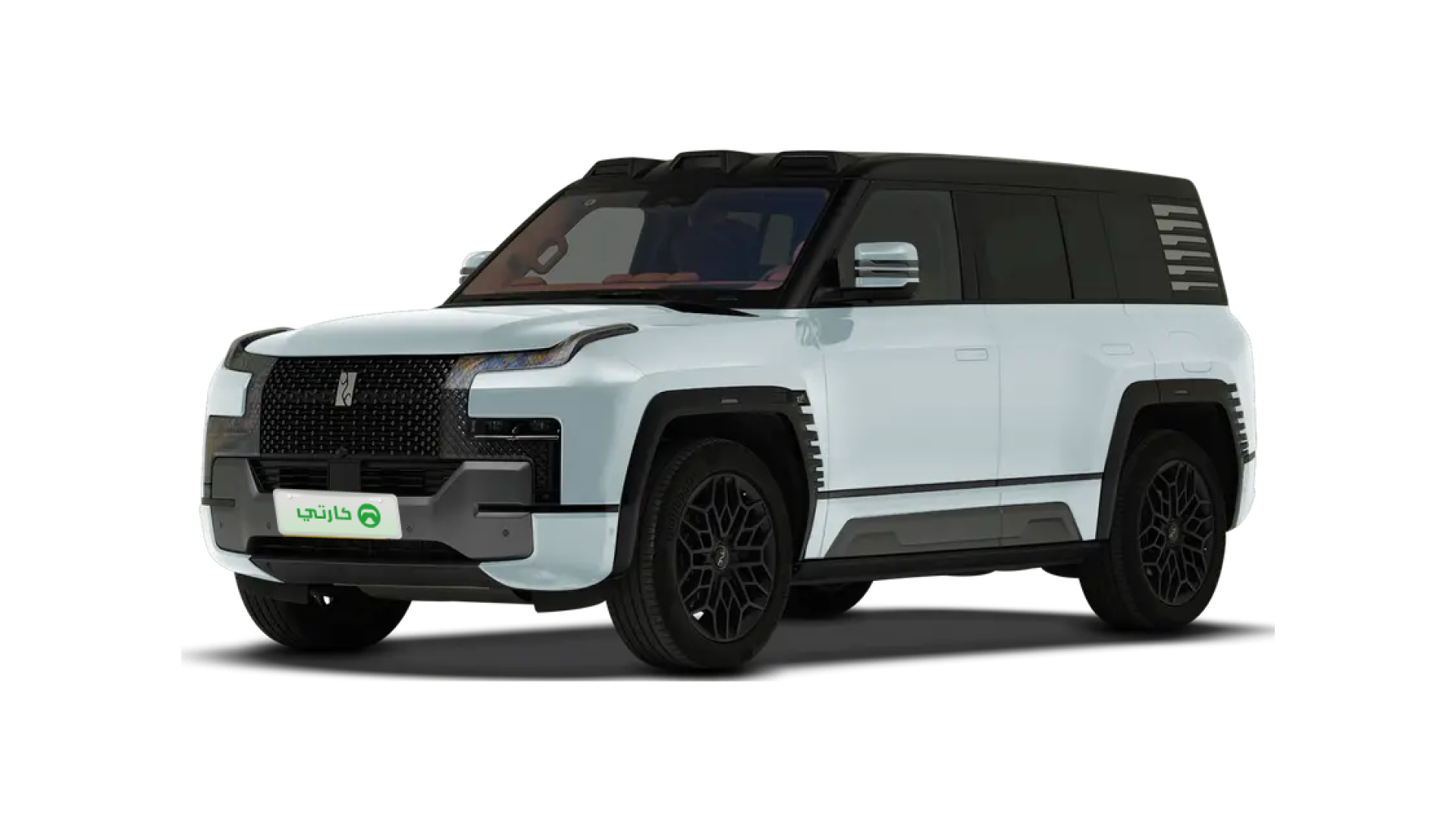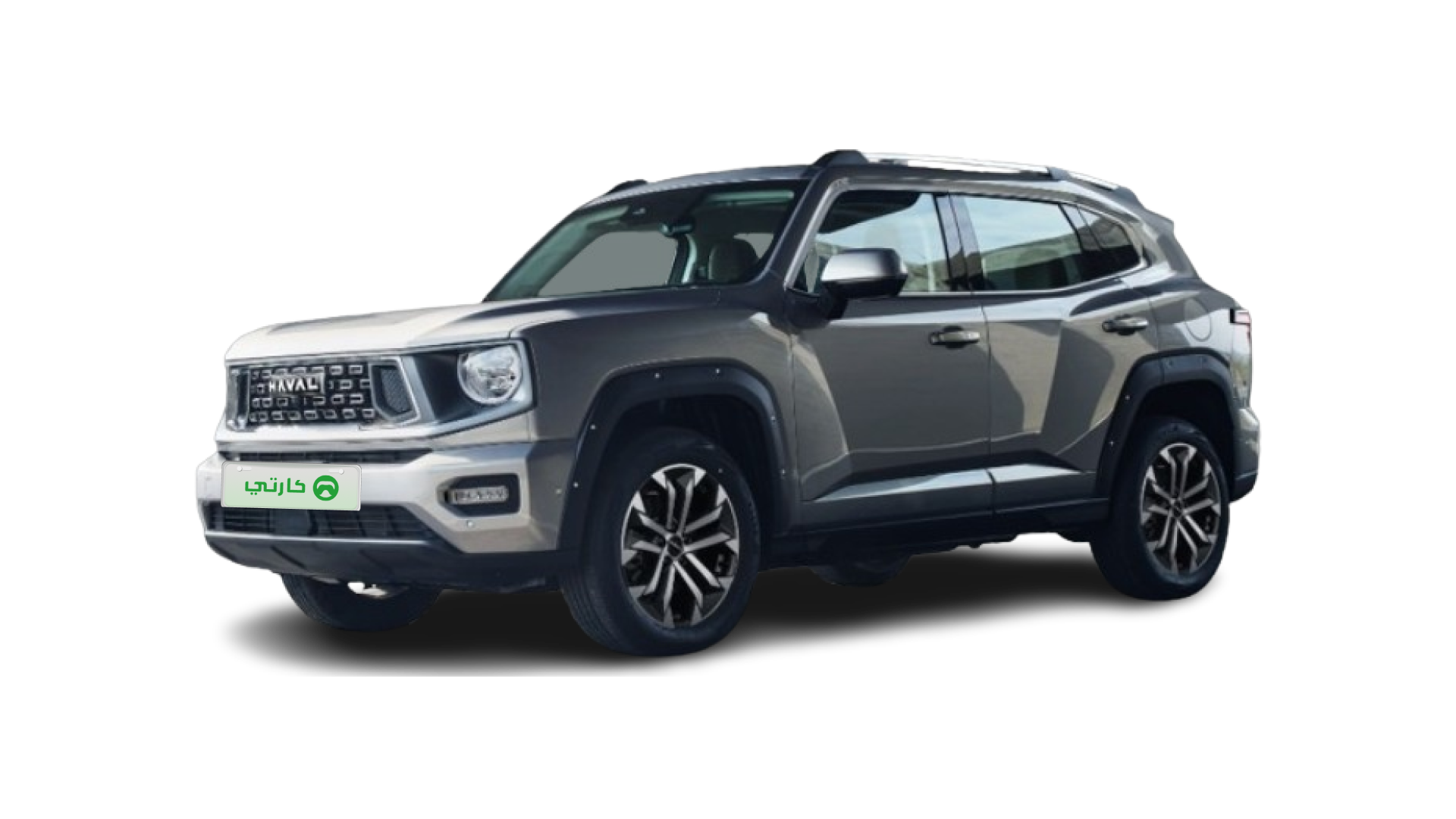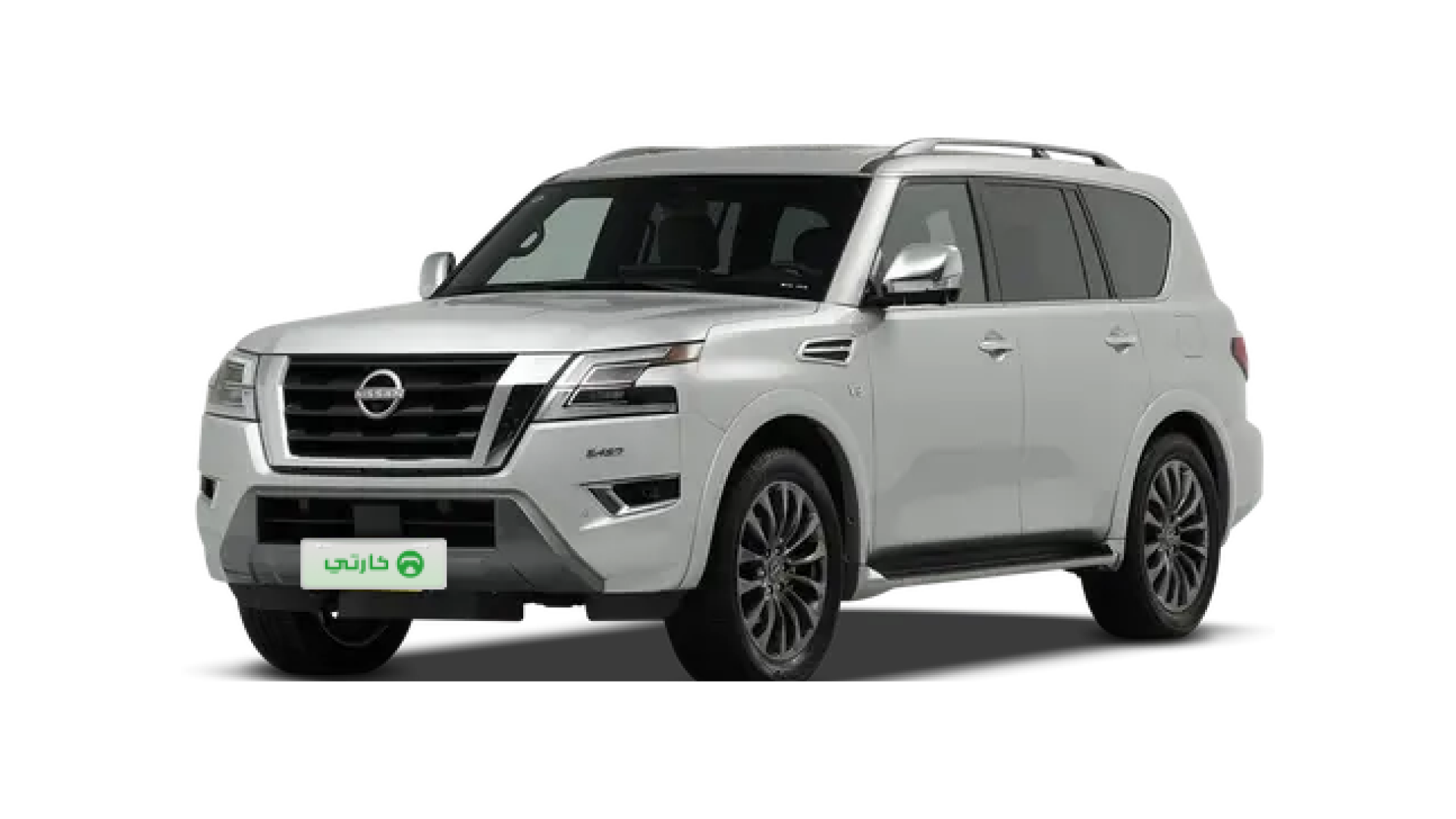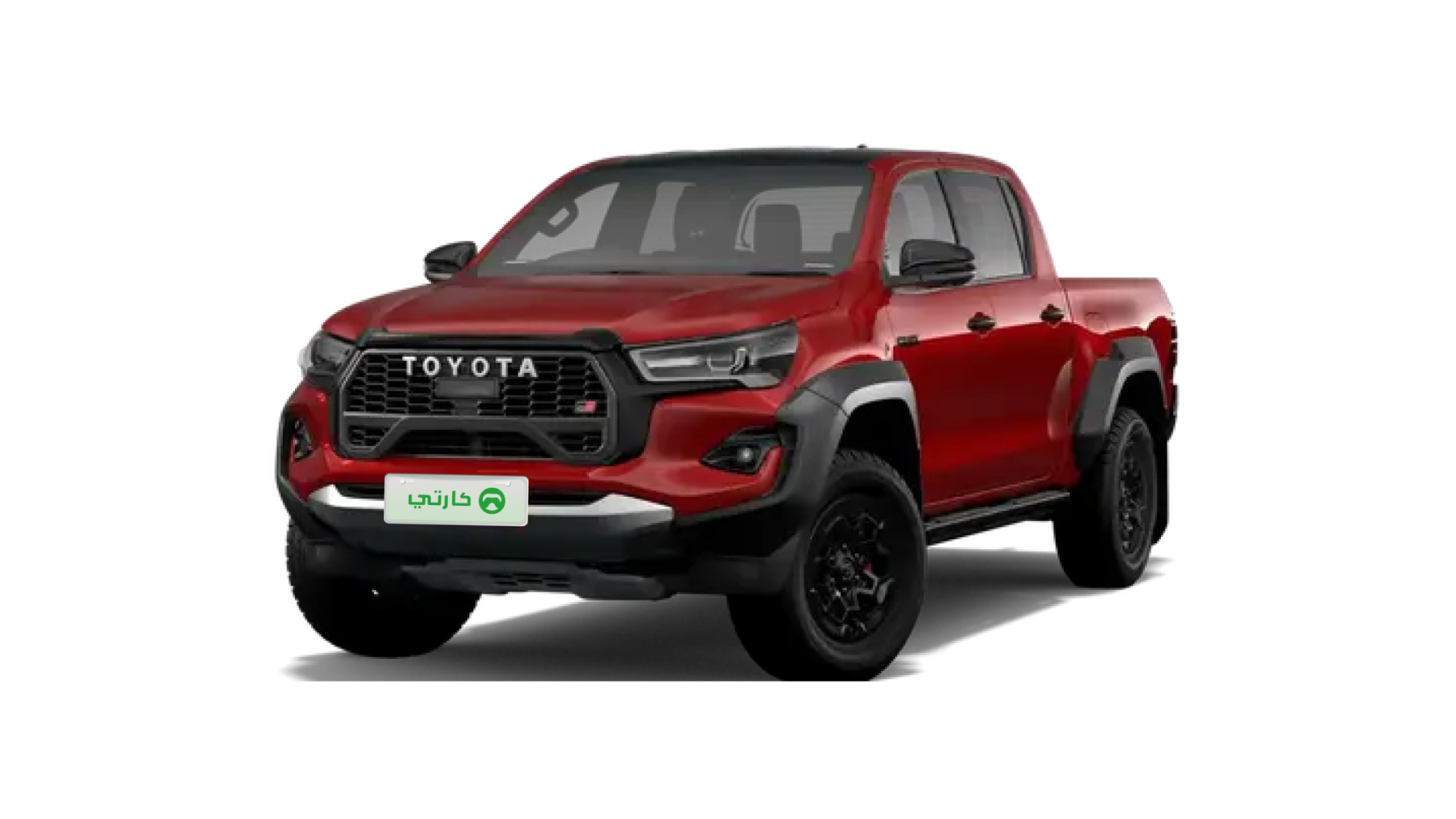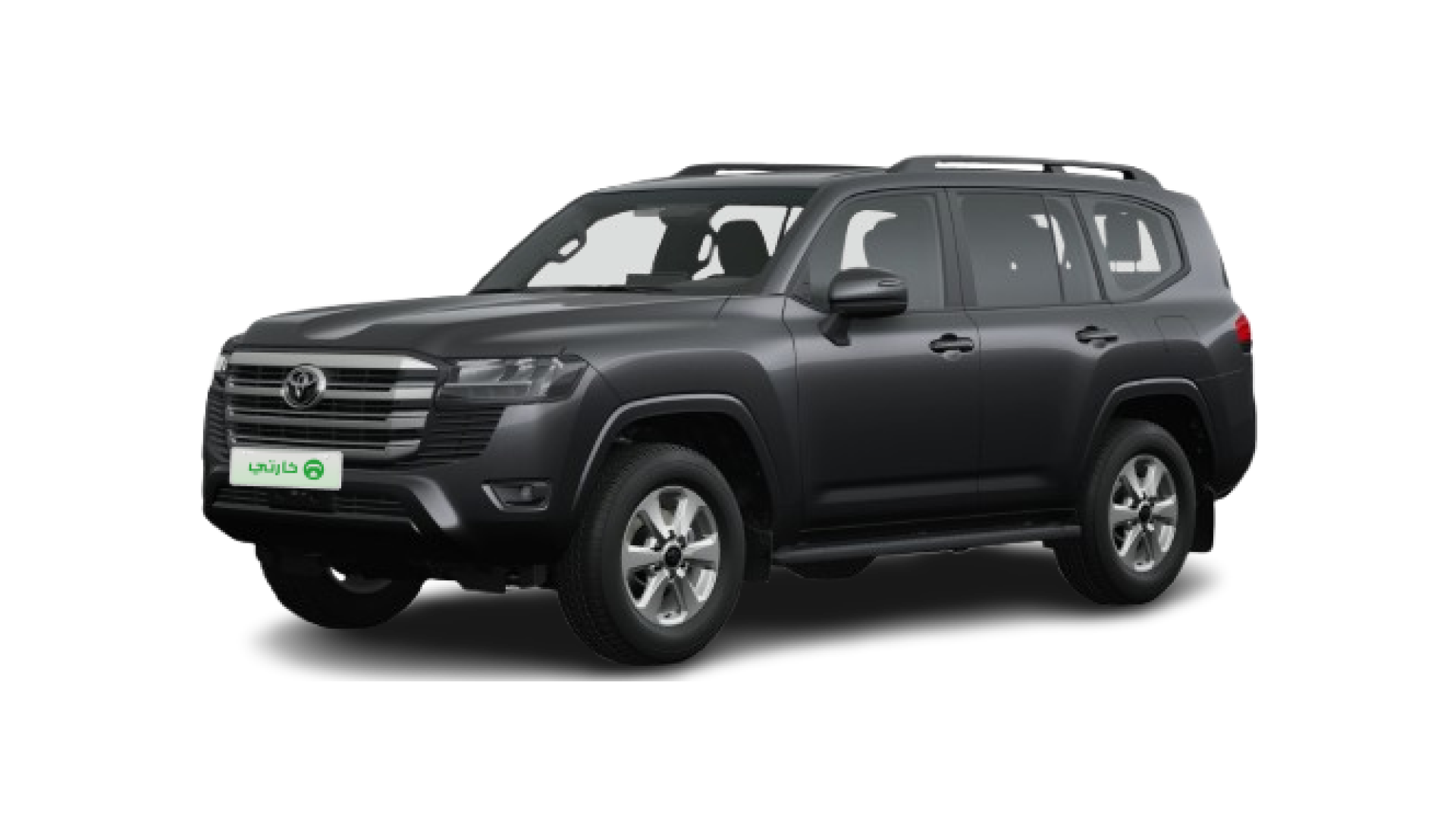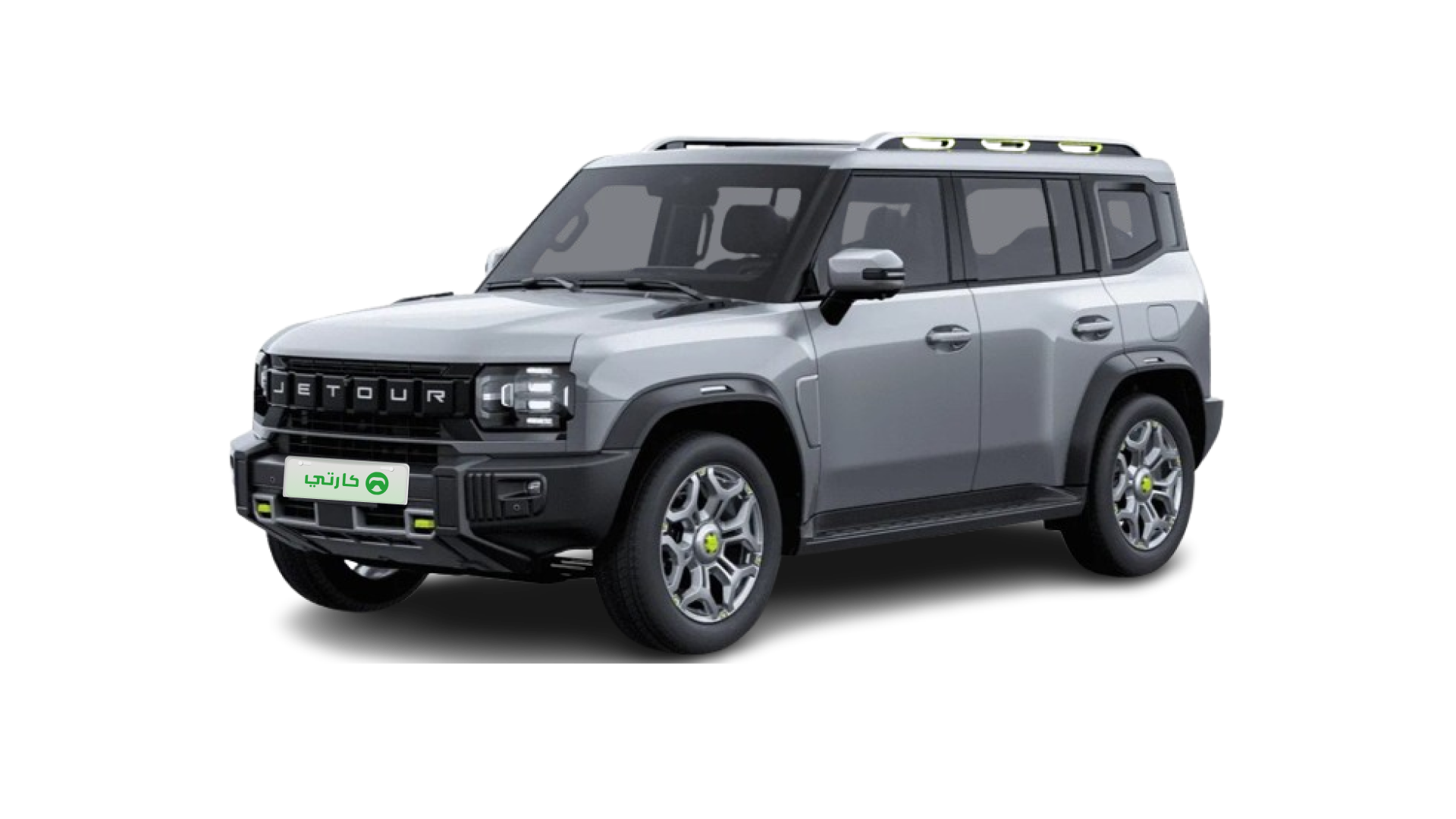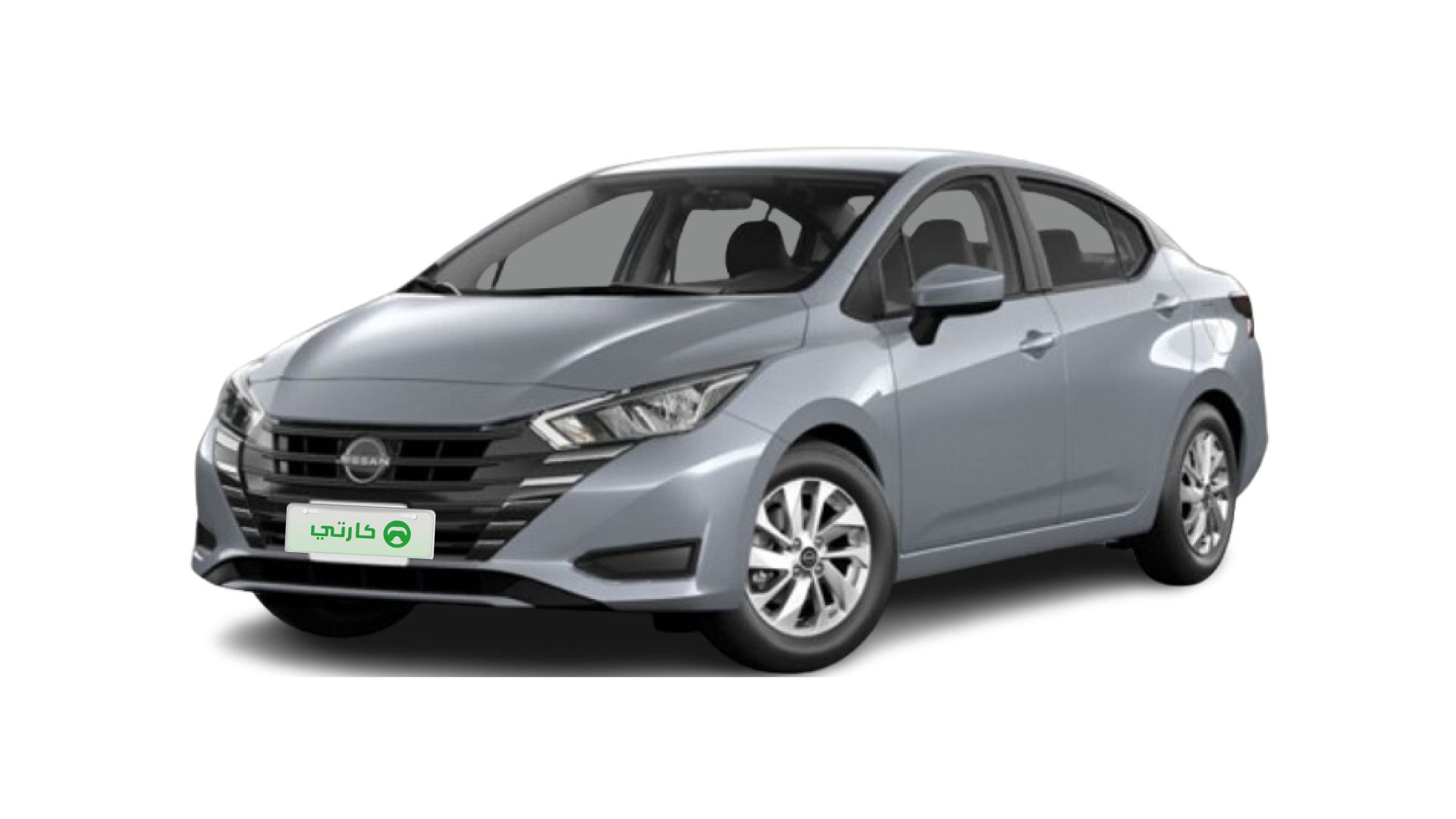Looking into the Toyota Rush engine CC options for 2025? This guide delivers the essential details you need to know for making a smart decision. Get ready to explore engine capacities, performance metrics, and maintenance realities tailored for urban commutes and adventurous drives!
What CC Engine Should You Choose?
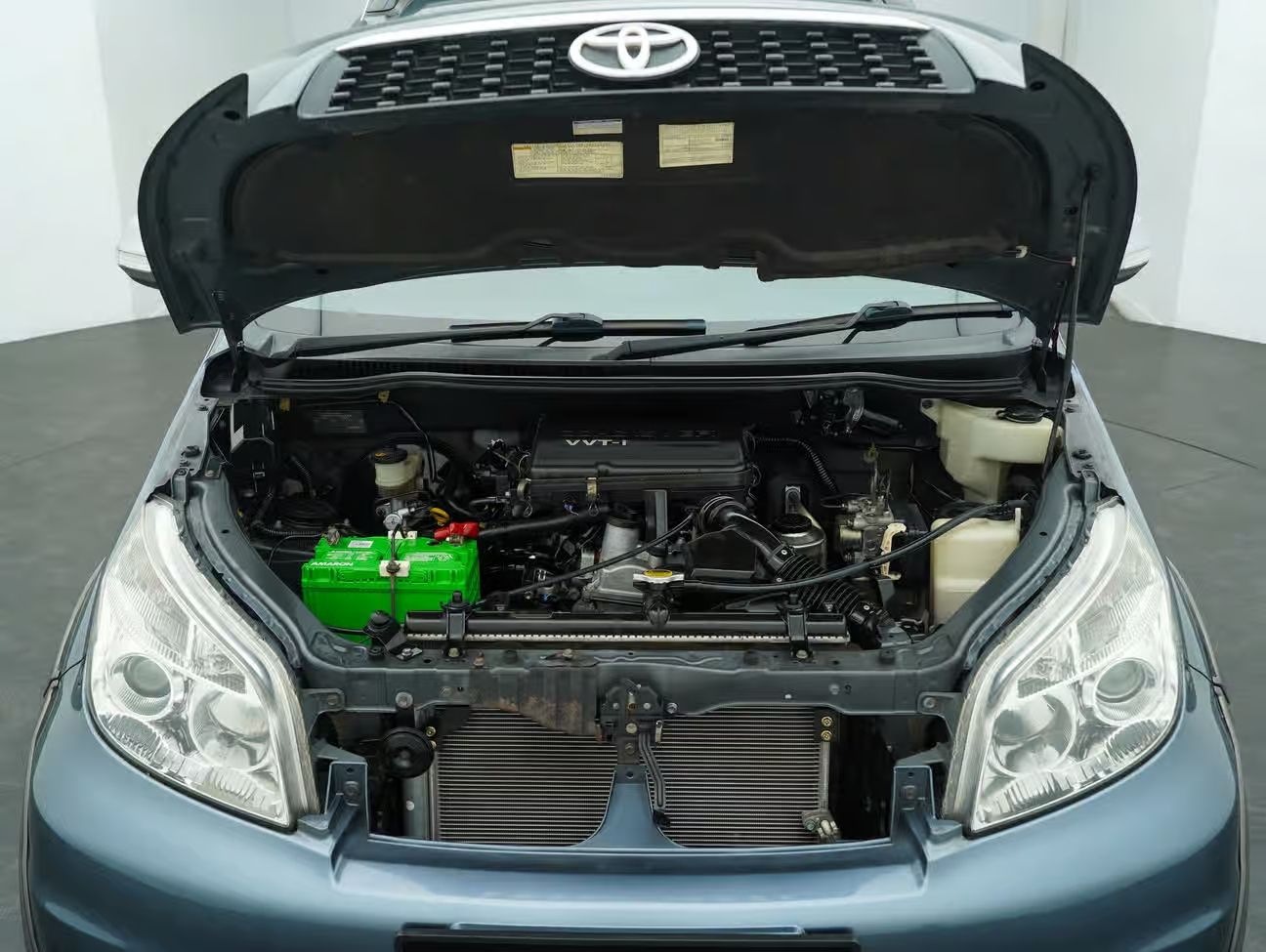
Understanding Engine Sizes in the 2025 Rush
The 2025 Toyota Rush comes with two distinct engine options, each suited to different driving needs. You have the choice between a 1.5L 2NR-VE engine, measuring approximately 1,496 cc, and a 1.8L 2ZR-FAE engine, about 1,798 cc. If you regularly navigate city streets with tight parking spaces, the 1.5L variant is often favored by drivers in Dubai. It offers a commendable fuel efficiency of around 15.8 km/L during city journeys and ensures lower annual maintenance costs, averaging AED/SAR 1,200. Meanwhile, the design of this engine supports easy maneuverability in congested urban environments.
Performance Comparison by CC
Acceleration and Power Delivery
When it comes to performance, the two engine sizes show marked differences. Consider the table below, which outlines how each engine performs in terms of acceleration and torque:
Engine CC | 0-100 km/h Acceleration | Maximum Torque |
|---|---|---|
1,496 cc | 12.8 seconds | 136 Nm |
1,798 cc | 10.9 seconds | 172 Nm |
The 1.8L engine not only accelerates faster but also delivers an extra boost on steep terrains – a feature appreciated by drivers tackling Hatta’s mountain roads. Imagine the confidence you’ll feel during those spirited drives with enhanced hill-climbing performance!
Maintenance Realities for Different CC
Service Cost Breakdown (3-Year Ownership)
Long-term ownership becomes simpler with a clear understanding of maintenance costs. Here’s a closer look at what you might expect:
1.5L Engine
Oil changes typically cost around AED/SAR 180 per session.
Routine air filter replacements are priced at about AED/SAR 85 each.
In total, annual servicing may range from AED/SAR 1,200 to 1,500, making it a budget-friendly option for daily drivers.
1.8L Engine
Additional services, such as specialized turbo maintenance, add roughly AED/SAR 300 per year.
Upgrading your cooling system can run costs to around AED/SAR 450 annually.
These estimates help you plan better for the overall cost of ownership without any surprises down the road.
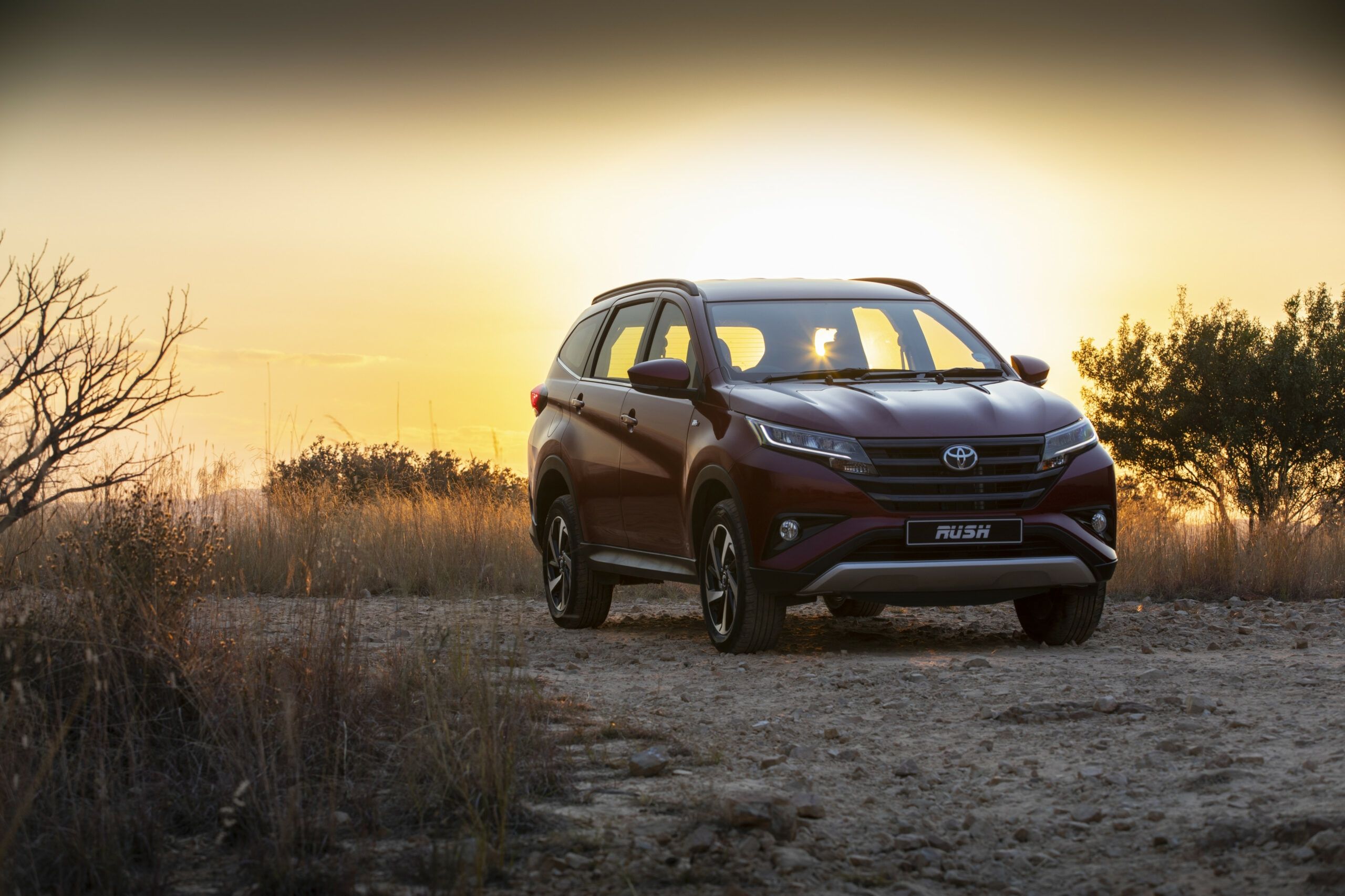
Future-Proof Engine Technologies
2025 Model Year Updates
Both engine variants now come equipped with modern technologies aimed at enhancing performance and efficiency. Key features include:
Dual-port fuel injection for more even fuel distribution
An eco-idle stop system that reduces idling fuel consumption
Advanced thermal management systems
For those opting for the 1.8L engine, additional innovations have been integrated:
A variable valve timing-evolution system that optimizes power output
An improved electric power steering calibration for smoother handling
These technological upgrades ensure that whether you choose the 1.5L or the 1.8L engine, you are investing in a vehicle designed for future performance and efficiency.
Choosing Your Ideal CC Configuration
Lifestyle Matching Guide
Deciding between the two engine sizes becomes easier when you align your choice with your daily driving habits:
Consider the 1.5L engine if:
Your annual mileage is below 15,000 km
Your trips mainly involve city roads with frequent stops
You value a lower maintenance and operational cost, keeping AED/SAR figures in check
Opt for the 1.8L engine if:
Your routine includes regular highway commutes
You often have five or more passengers in your car
You relish weekend excursions through desert roads where extra power comes in handy
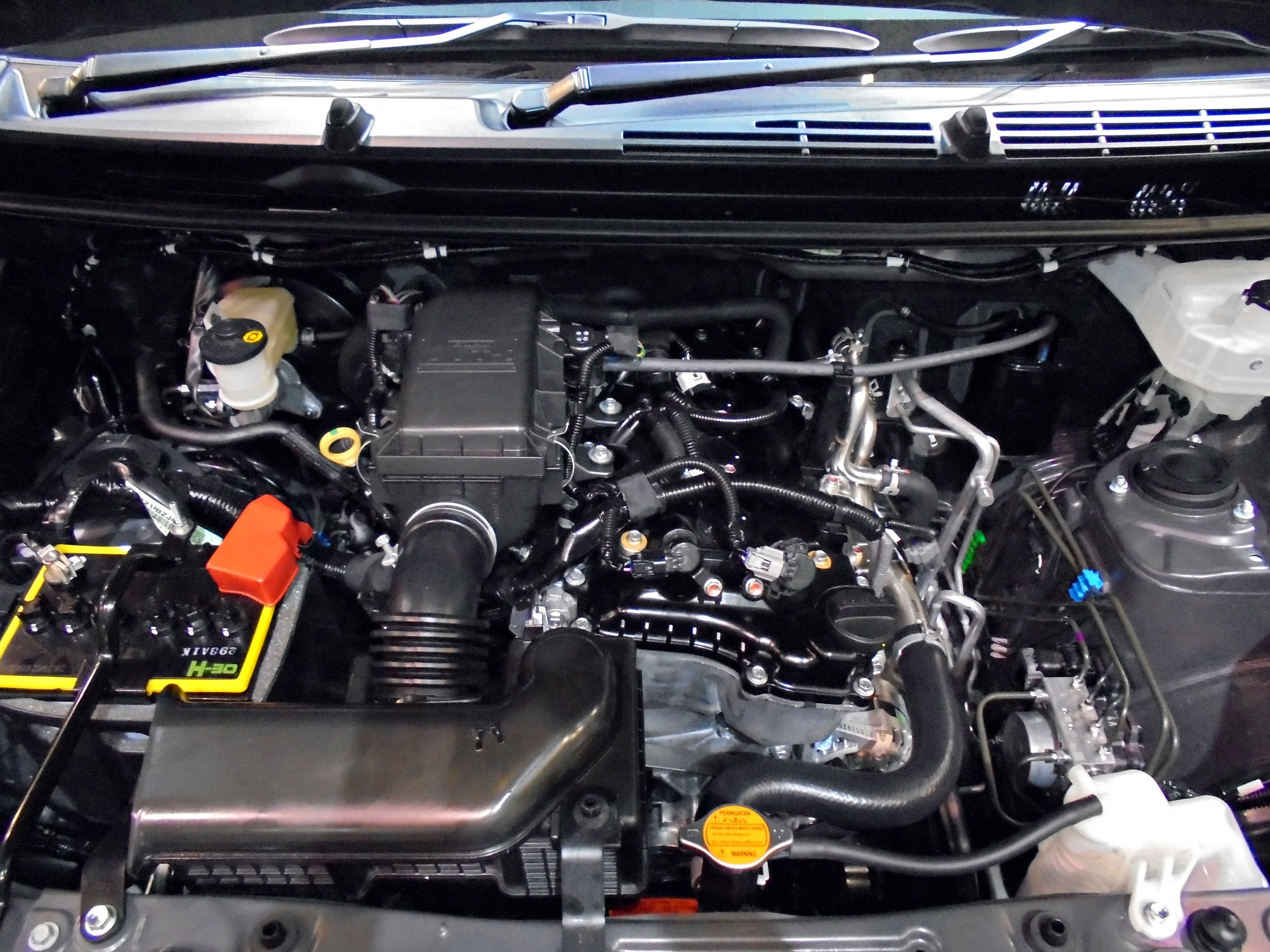
FAQ
Q1:What does the engine CC in the Toyota Rush signify?
The engine CC represents the displacement or size of the engine. In the Toyota Rush, the options are roughly 1,496 cc and 1,798 cc. The displacement directly influences the engine’s power output and fuel economy. Knowing the CC helps you estimate performance and maintenance costs based on your driving needs.
Q2:How does the fuel efficiency compare between the two engine options?
Fuel efficiency is a major factor when comparing the two engines. The 1.5L engine typically offers better city mileage, which is ideal for urban driving. While the 1.8L engine delivers more power, it may slightly affect fuel economy, especially in stop-and-go traffic. Ultimately, your driving environment will determine which option works best for you.
Q3:Which engine option is more suitable for everyday city driving versus long highway commutes?
For daily urban use, the 1.5L engine is highly recommended due to its cost-effective maintenance and sufficient performance in city conditions. Meanwhile, if your driving involves frequent highway journeys or you regularly transport several passengers, the 1.8L engine’s extra power and torque could provide a more comfortable and dynamic driving experience. Consider your typical driving scenarios when making this choice.
Q4:What should I consider regarding maintenance and service costs for these engines?
Maintenance is a crucial aspect of long-term car ownership. With the 1.5L engine, you benefit from generally lower service costs and simpler upkeep. The 1.8L engine, while offering impressive performance upgrades, might incur higher maintenance costs due to additional components like turbo systems. Assess your budget and driving frequency to decide which engine fits your lifestyle best.
This article is for reference only. Please refer to the latest local laws and regulations.
Read More:
Is Toyota Rush a Good Car? 2025 Owner's Guide for Practical Buyers
How to Check GCC Car Accident History in 2025:Your Complete Guide
7 pics

Abdul Rahman is an avid car enthusiast with over a decade of self-driving travel experience. He loves hitting the road in various vehicles, exploring different landscapes. Besides, he enjoys sharing practical knowledge about car usage, helping fellow drivers solve problems and make the most of their rides.
